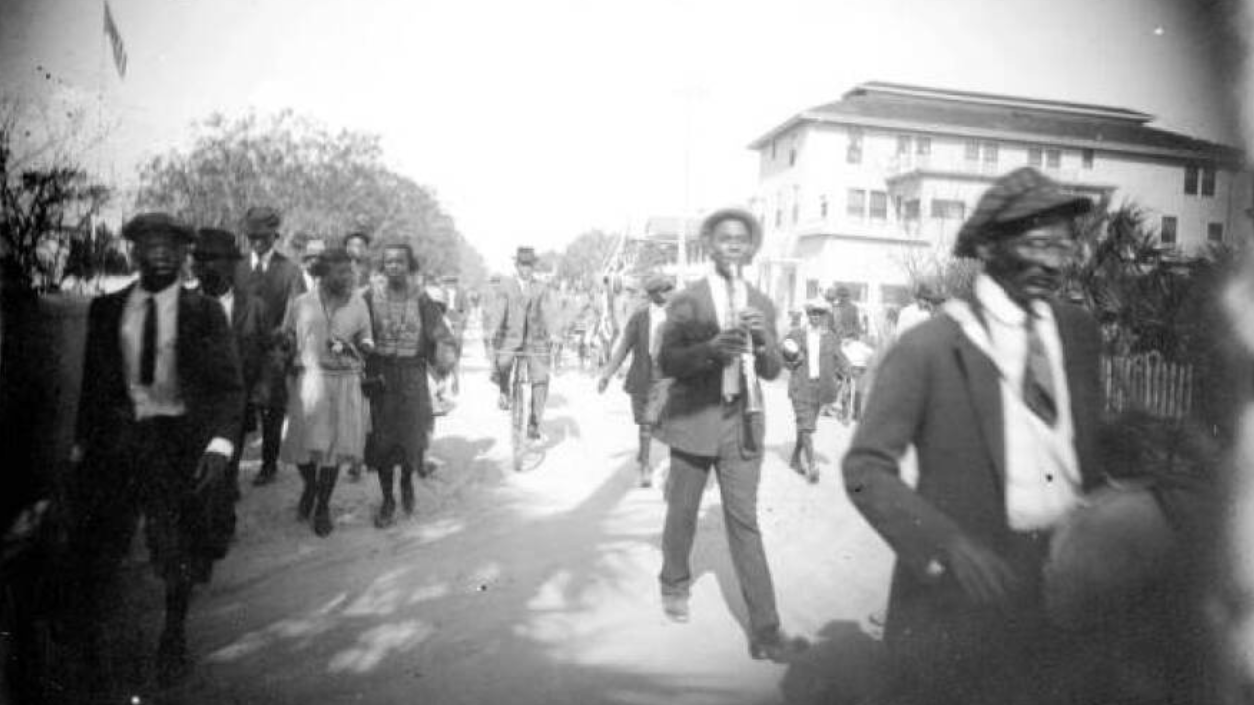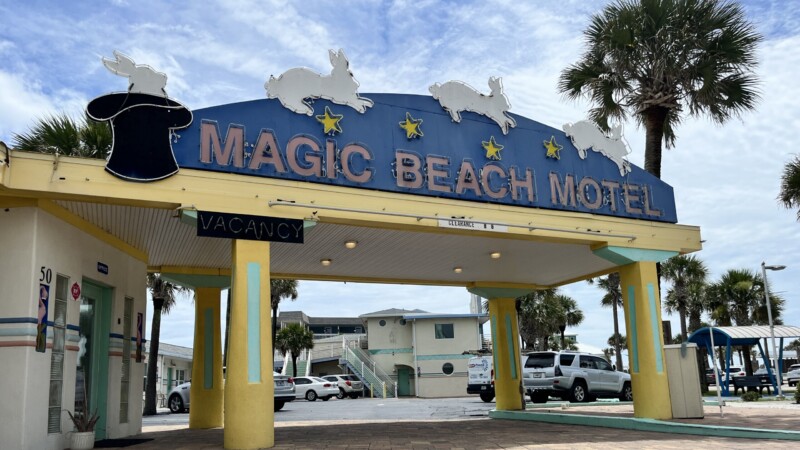A new app traces the unique 450-year history of St. Augustine’s Black community.
Visit St. Augustine announced the app Monday in an effort to spotlight the extensive history of African-descended people in the nation’s oldest city. The app, created in collaboration with Florida’s Historic Coast, is available for free on the Apple App Store and Google Play.
The St. Augustine Black History App has four main sections — Events Timeline, Historical People, Historical Places and Historical Topics. The Events Timeline is the backbone of the app with an overview stretching from the 1513 voyage of Ponce de Leon to the recent Fort Mose groundbreaking ceremony on Jan. 19.
Visit St. Augustine plans to update the app quarterly with new content and functions.
In a news release Monday, Visit St. Augustine summarized the history of the area.
When St. Augustine was founded in September 1565, free and enslaved Africans stepped ashore with the Spanish crew of Pedro Menendez de Avilés. In October 1687, the first recorded group of fugitives who were escaping British slavery arrived at the city gate, asking to be accepted into the “true faith.” They were the first of hundreds of enslaved people who would seek sanctuary in Spanish Florida, creating an early version of the Underground Railroad that ran south instead of north.
This eventually led to the founding of Fort Mose, the first legally sanctioned free Black settlement in the United States. Lincolnville Historic District, originally called “Africa” or “Little Africa,” was founded in 1866 by Black Americans.
Today, many historians believe the the 1964 Civil Rights Act would not have passed if not for the resistance and courage shown by activists in St. Augustine, Visit St. Augustine said.
“In our work with the team at Visit St. Augustine, we wanted to develop a new Black History app for St. Augustine that would amplify marginalized voices and preserve the rich tapestry of Black History in St. Johns County,” Susan Phillips, president and CEO of the St. Johns County Visitors & Convention Bureau, said in the news release. “By utilizing technology, our visitors and residents will now have another way to engage with a more comprehensive understanding of our shared past, fostering a future where knowledge, appreciation, and unity flourish.”
St. Johns County officials also are vying to be selected as the site of a new Florida Museum of Black History. They have identified property in West Augustine, near State Road 313, as a potential site. Amelia Island is seeking the museum as well.
A task force is expected to send recommendations about the site to the governor in the spring.
Lead image: An Emancipation Proclamation parade proceeds through St. Augustine circa 1922. | St. Augustine Historical Society

Randy comes to Jacksonville from the South Florida Sun-Sentinel, where as metro editor, he led investigative coverage of the Parkland school shooting that won the 2019 Pulitzer Prize for public service. He has spent more than 40 years in reporting and editing positions in Illinois, Iowa, Missouri, Ohio and Florida.






